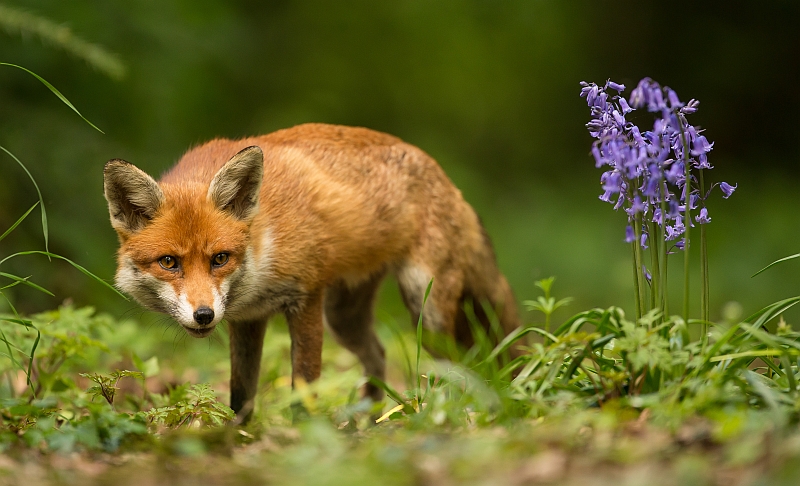Have you ever wondered why it is illegal in most places to keep a pet monkey? Or why apartments are not keen on animal residents that are bigger than a cat or a dog? Pet ownership comes with plenty of responsibilities, many of which prove to be more than one bargained for, even when it is just a cat or a dog. Imagine having to keep an alligator to the confines of the bathtub, or having train a lemur not to swing from the fan. While some people still choose to invest in peculiar animals, or bend the rules when it comes to exotic creatures, we think there are generally some pets that you’d be better off leaving in the wild.
Exotic Pets to Avoid
Primates. There is no denying that monkeys, lemurs, baboons, and chimps are some of the cutest creatures on earth, especially when they are small. But don’t be fooled by their appearance, some of the most gruesome attacks on animal trainers and zoo-workers have occur from primates on the rampage. These animals can also transmit hepatitis A and the HIV-1 virus (which cause AIDS). If you are drawn to these animals, just move nearer to the local zoo.
Predatory snakes. You may have heard the story about a woman who owned a python, that for some reason stopped eating suddenly for a few weeks. Concerned, the lady took the pet to the vet to find out if he was ill. When the vet heard the details, and saw the woman with her one-year old daughter, the vet simply stated that the python was likely starving himself so he could eat the little girl. That story is a chilling reminder that these animals are not naturally the affectionate creatures we’d like to imagine them to be. The same goes for venomous snakes; if you have a cobra or a viper that could kill you with one bite, this is most certainly a poor choice for a pet!
Coatis and Kinkajous: These are lesser-known animals that resemble lemurs, but are actually more closely related to raccoons. And as cousins to those wily bandits, Coatis and Kinkajous come with their own set of undesirable qualities. The Coatis have nearly 40 sharp teeth and need plenty of exercise to stay physically and mentally fit. Kinkajous are much smaller creatures, but they are every bit as active and have been known to claw/bite and attack their owners.
Wild cats. Melanie Griffith’s family had a pet African lion in the 1970’s… but the family also suffered several serious injuries during that time. Lions, cougars, leopards, and tigers are biologically programed predators (no matter what movies like the recently released Zootopia would have you believe), there is no question that owning one of these beasts is highly unsafe. For people who are fascinated with unique wild cats, opt for an Ocicat, a Savannah cat or a Bengal for an exotic-looking pet that will keep you on your toes without posing any real threat to your safety.
Foxes and Wolves: Fennec foxes have proven to be fairly easy-going pets compared to other wild creatures. However, Red foxes and Arctic foxes can appear tame and amiable, but have been known to turn on their owners and bite them, or attack their children. In addition to this, they have an unpleasant odor that resembles a ferret, but is even stronger. Similarly, wolves, wolf-dogs and hybrids are coveted by many pet owners, but attempting to fully domesticate a wolf is unwise. They are born hunters, will prey on the weakest creature in a pack (which in a family, is usually the smallest child), and they have the physical strength to kill an elk or stag. Pets like full-blood wolves are not to be trifled with, and foxes are not to be trusted. Do not fall for the idea that owning one would be a safe decision for you or your family.

